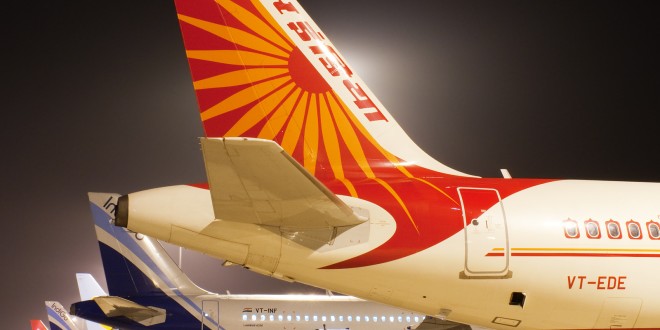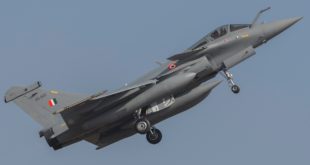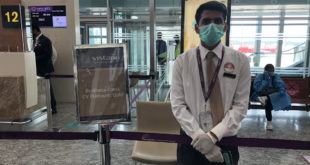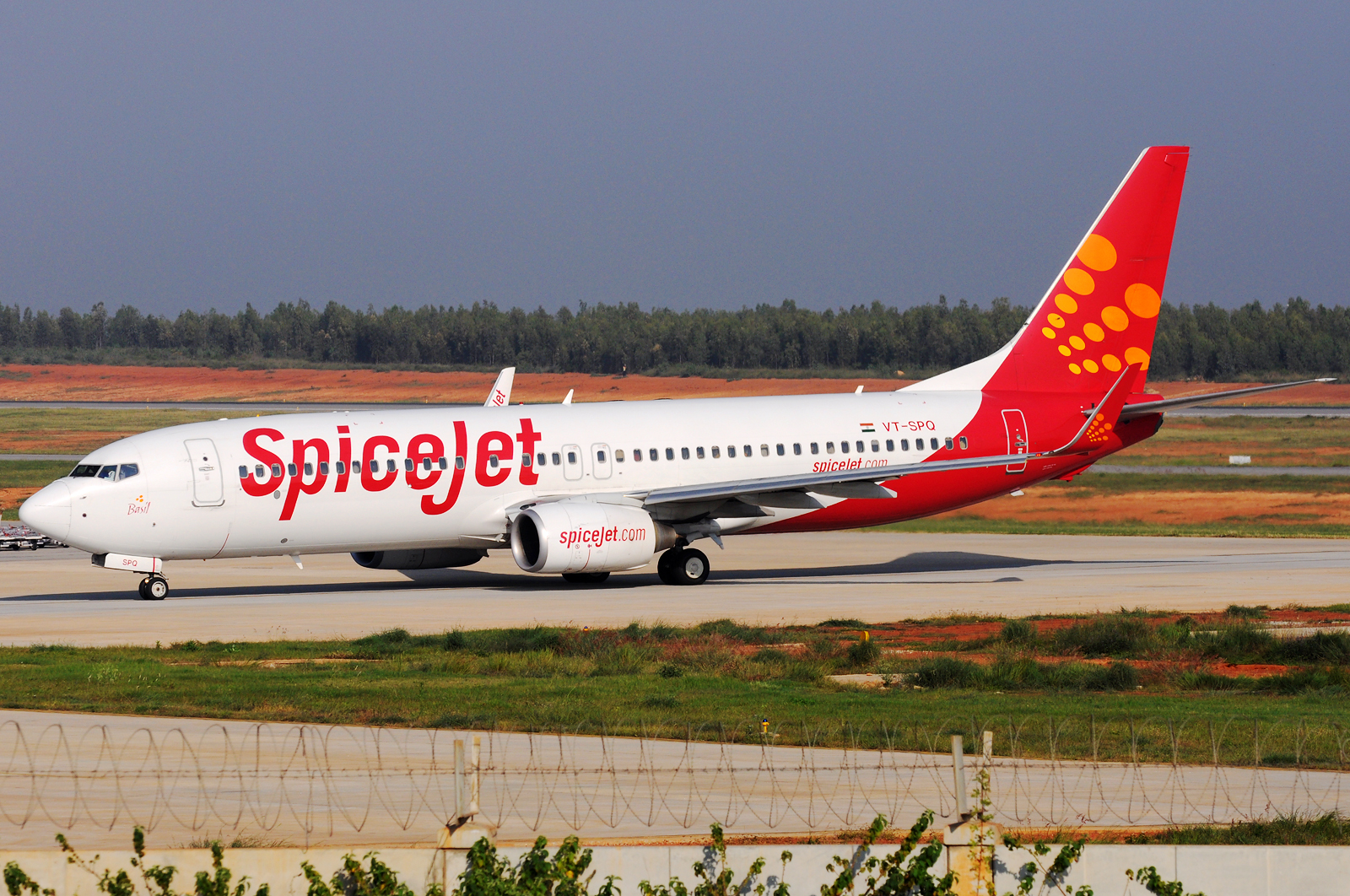In a sea of ill-conceived rules governing Indian commercial airlines, the 5/20 rule, which requires Indian carriers to wait five years and have a fleet of 20 aircraft before they can fly the lucrative and profitable international routes is one of the worst. No such restriction applies to the foreign airlines flying IN to India.
The newcomers Tata-SIA Vistara and AirAsia India want the government to remove this rule, while the incumbents Jet Airways, IndiGo, SpiceJet and GoAir, who have waited the required five years and are organised as the Federation of Indian Airlines (FIA), want to retain the rule.
On Tuesday, FIA’s Chairman, Rahul Bhatia, also the promoter of IndiGo, India’s largest domestic airline, wrote to the Indian Prime Minister opposing any move to abolish the 5/20 rule. It is understandable. Nature prefers the status-quo and incumbent businesses absolutely love it. Even in the core science of Physics both Newton and Galileo postulated laws including The Law of Inertia.
In the letter Bhatia wrote “…the removal of these rules will vitiate the level playing field that exists in Indian civil aviation, and tectonically shift it in favour of foreign airline-controlled new entrants…”
How short the memories of Bhatia and his FIA colleagues, are.
The private airlines that are the FIA were formed thanks to the government’s decision 21 years ago, permitting allowing private scheduled domestic airlines and launching the opening of India’s civil aviation market. Opponents of the move, wanting to retain the status-quo, proclaimed curiously similar doomsday scenarios 21 years ago, as cited by the FIA today. Had the status-quo been maintained these airlines would have never been.
Also in the early 1990s, soon after then finance minister Manmohan Singh initiated the liberalisation of the Indian economy opening the country to multi-national corporations, a group of Indian business tycoons came together and lobbied the government saying existing rules and tariffs were being dismantled too fast and Indian industry needed protection from the multinationals. While demanding a “level playing field” some of them went as far to claim a second wave of colonisation was coming and the foreigners would rule the country. These tycoons came to be known as The Bombay Club. Amongst these tycoons’ families were the Wadias who subsequently founded GoAir and the Modis who founded ModiLuft which is now SpiceJet.
Today the terms “protection” and “level playing field” are a distant memory. The tycoons of the Bombay Club, Bajaj, Singhania, Modi, Wadia, Godrej, Bharat Ram, Birla, Arunachalam, and others have become global tycoons. Had the status-quo been maintained where would the Indian economy have been, that is today considered the fastest growing aviation market in the world?
Change is a must on the road to growth. Not all changes will lead to positive results from day one, but we have seen that market forces do ultimately lead to a desired outcome.
I agree with the incumbents; there are some very silly and needlessly cumbersome rules. The route dispersal guidelines (RDGs) and domestic flying credits for example are a bureaucratic and inane nightmare for the industry. The government should revise rules that unshackle and ignite what will become the world’s third largest airline market in the years to come.
Let us begin with abolishing 5/20 over the next two years.
 Bangalore Aviation News, Reviews, Analysis and opinions of Indian Aviation
Bangalore Aviation News, Reviews, Analysis and opinions of Indian Aviation





Civil Aviation has never been on the radar of the previous and the existing governments. One year on, they are yet to decide on the removal of the 5/20 rule, and no one knows why they are taking so long.
I do not think 5/20 should be removed.
Tata had the option and still has the option of purchasing GoAir.
What Hindustan needs is small aircraft of 50 seats each. A320 is too big.
Kingfisher – Air Deccan merger- resulted in similar 5/20 dilution
Devesh, private airlines were allowed before Nehru and Indira decided to nationalise everything.
Nehru even decided that government should run hotels!
And we still have government run hotels today.
The 5/20 rule, route dispersal guidelines and other such rules did come about from the socialist mindset of the then government.
However, these rules did play a very important role in actually offering air services to the remote and far flung areas of this country (at a price, maybe losses) with a view to having sustainable air operators in the longer run. Even then many air operators have shut down over the years!
An attempt to remove these would result, initially at least in more competition and price wars on the high density sectors resulting in more red ink on the balance sheets.
Till date, we haven’t seen one airline making a mark on the international sectors beyond ME/SEA. Why would the new players be any different?
I am in favor of deregulation, but not a free for all. Let the new players show their commitment domestically before flying international to feed their parent entity.
Route dispersal with A320 aircraft is silly.
Perhaps 50-seat aircraft are more viable.
Given that railway tickets are subsidised and air tickets are not. All taxes from jet fuel should be removed. Then some pressure is taken off the railways.
Next thing after 5/20 rule, is granting fifth freedom rights to Emirates/Qantas for flights from all Cities to Singapore, Australia. I hope SIA would like that.
all cities? What do you mean by all cities.
Emirates is neither Singapore based nor AUS based.
All Indian Cities that SIA is operating in India. Fifth freedom doesn’t need Emirates to be based in SIN or AUS. Eventually the flights will be DXB-(Ex-India)-SIN/AUS just like DXB-CMB-SIN. Why should someone support some airline. Just open the market and let the market find its balance. Ultimately, Govt and airports can get some money and passengers get better VFM products in FSCs.
Yes it would be great if Colombo can emerge as a hub.
They need to remove all taxes from jet fuel in Sri Lanka or at least remove from international flights. Then they can steal some business from Dubai.
SYD-CMB-LHR.
Yes it would be great if Colombo can emerge as a hub.
They need to remove all taxes from jet fuel in Sri Lanka or at least remove from international flights. Then they can steal some business from Dubai.
SYD-CMB-LHR.